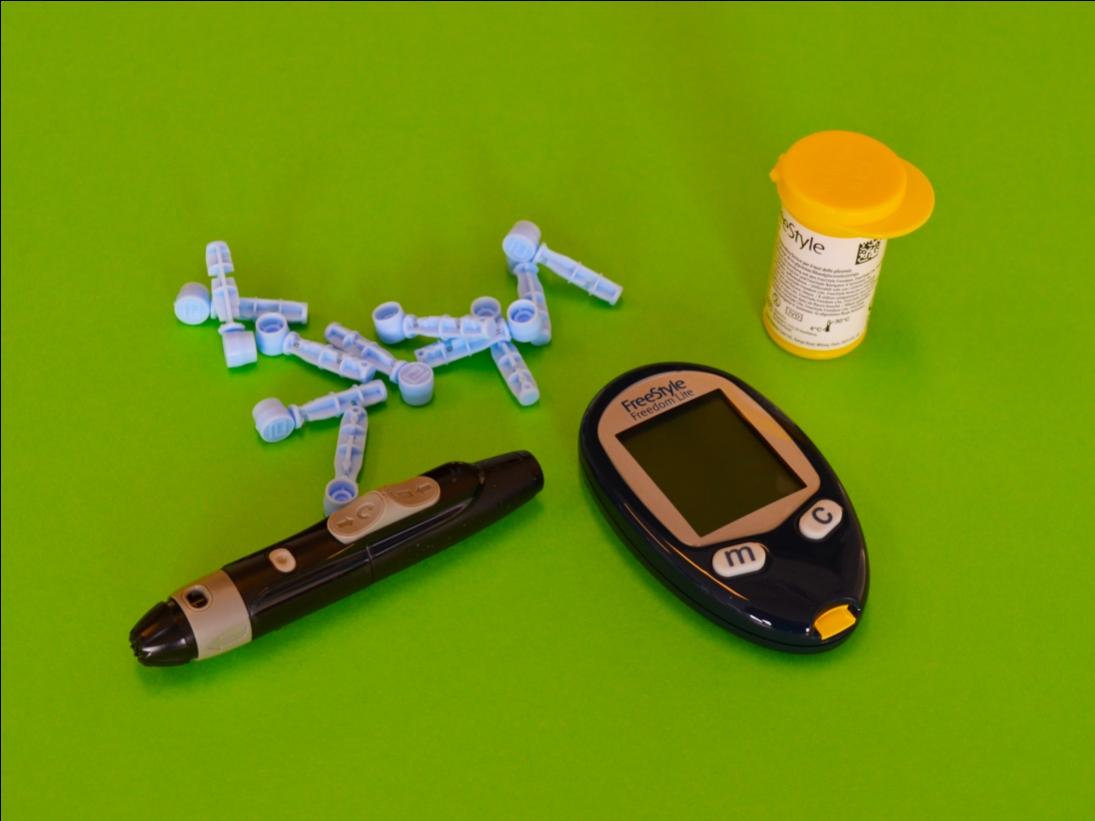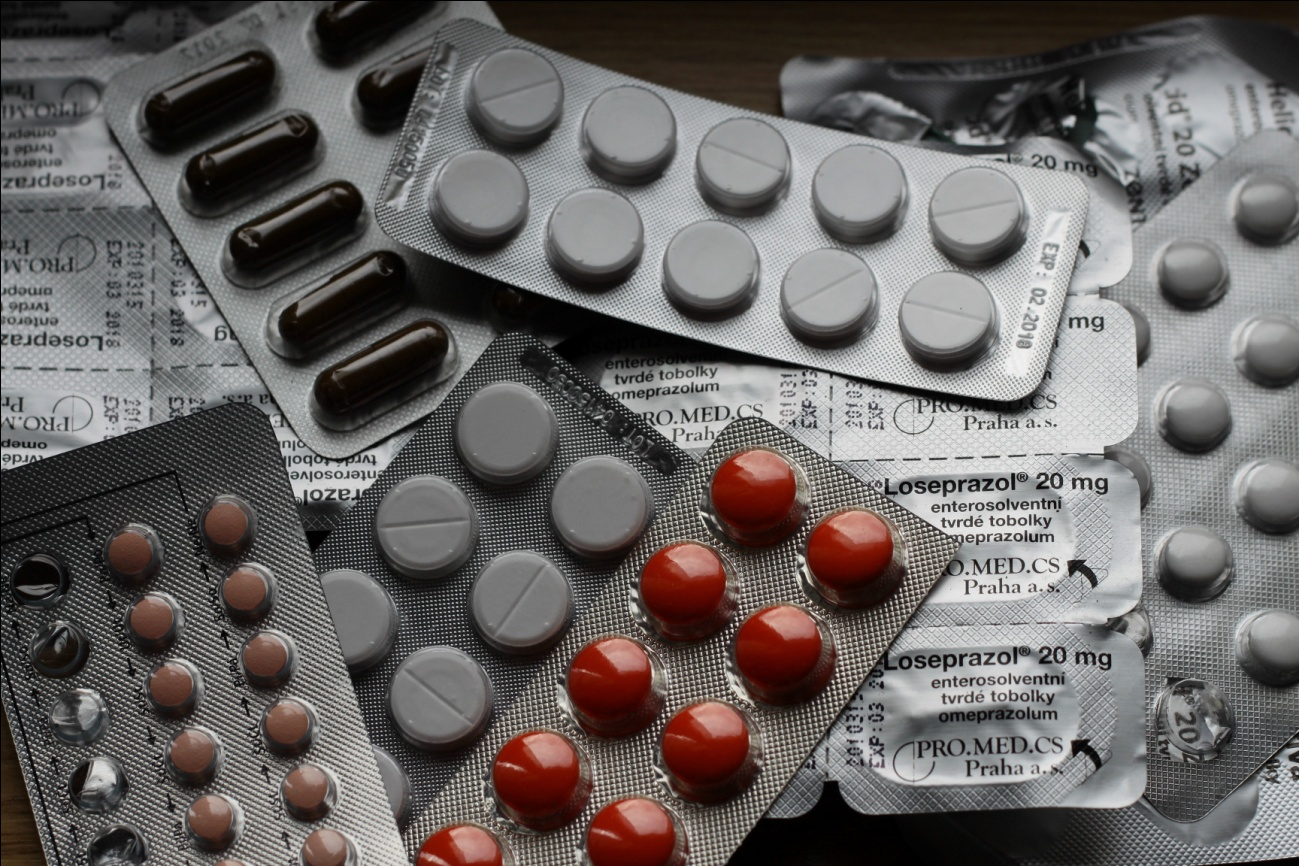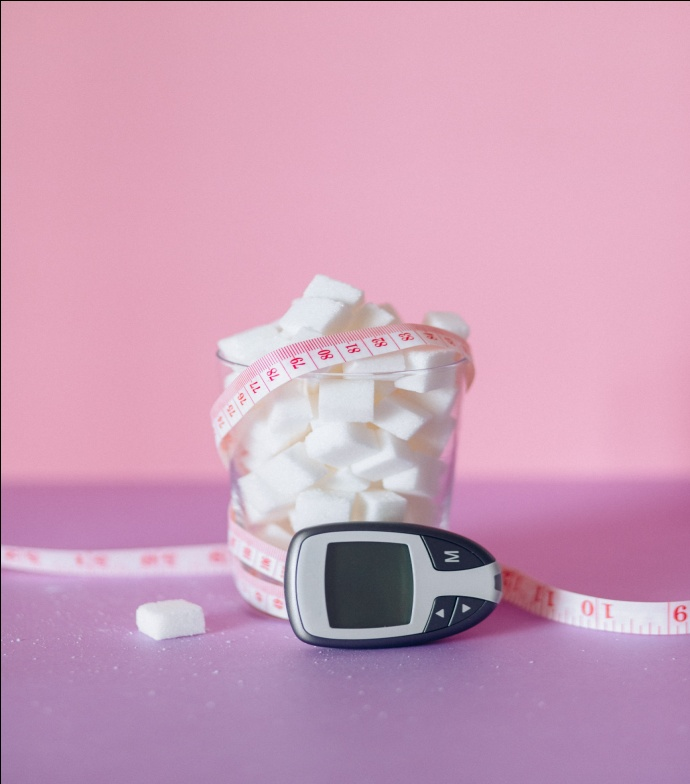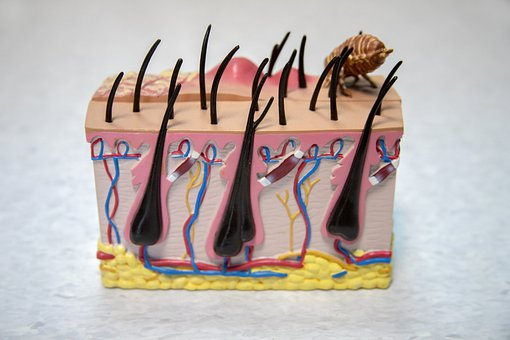FAQs About Type 2 Diabetes Answered
Did you know that more than 37 million Americans have diabetes and that type 2 diabetes accounts for approximately 90-95% of all diabetes diagnosed cases?

If you've recently been diagnosed with type 2 diabetes, never hesitate to reach out to your primary doctor and ask questions about lifestyle changes, treatment plans, or type 2 diabetes medication.
Here are answers to some of the most common questions people have about their type 2 diabetes treatment plans:
1.Is there a cure for type 2 diabetes?
The simple answer is no. However, it is possible to put type 2 diabetes in remission. This helps in preventing some damage it causes. Doctors maintain that the key to managing it is eating healthy, maintaining your weight, and staying active. Sticking to this lifestyle can help you get the sugar level in your blood back to normal, which could mean cutting back on or even stopping taking medications if your primary doctor recommends.

2.What will happen at a diabetes checkup?
The test for type 2 diabetes is nothing to be scared of. It's called the A1c test. The doctor will check your blood sugar levels, blood pressure, and cholesterol levels. Ideally, these numbers should be low to keep the risk of strokes, heart diseases, and other problems low.
The doctor will also take a look at your feet to check for foot ulcers, which can lead to amputation if not healed properly, and eyes for retinopathy, which can cause vision loss.
3.Are there any side effects of the medication I take for type 2 diabetes?
Since your body is not used to taking heavy dosage medicines, you might experience some side effects after taking medication for type 2 diabetes. You might have digestive problems, feel dizzy, or develop a rash.
Since your body is not used to taking heavy dosage medicines, you might experience some side effects after taking medication for type 2 diabetes. You might have digestive problems, feel dizzy, or develop a rash.
4.Will these side effects go away?
Side effects of medication taken for type 2 diabetes have typically been seen to get better in many cases. Generally, the trial period is set to be 30 days. If the side effects you experience are still severe after this period, contact your primary doctor as they might be able to tell when you can expect improvement or advise an alternative treatment plan if needed.
5.Is my blood sugar level OK?
If you check your blood sugar levels regularly, it is good to share the results with your doctor. Ask them if your results are what they need to be, especially during the first month. If your blood sugar levels are optimal, consider asking your doctor what you should do to keep them stable.

6.How often do the blood sugar levels need to be checked?
When you’re starting a new treatment, your primary doctor will most likely monitor your blood sugar levels quite often throughout the day. After 30 days, you will be able to check it less often. That, however, depends on your blood sugar level results. If they aren’t controlled, you might need to continue keeping a check on them frequently.

7.What are the signs that my blood sugar level is too high or too low?
Some medications can cause the sugar level in your blood to drop, causing hypoglycemia. This can further lead to:
- Hunger
- Fatigue
- Irritability
- Anxiety
- Sweating
- Heart palpitations
If hypoglycemia is not treated timely, it can cause more severe problems that include:
- Confusion
- Feelings of intoxication
- Loss of consciousness
- Seizures
High levels of sugar in the blood can cause hyperglycemia. Most people don’t feel the symptoms of hyperglycemia, especially if their sugar levels are regularly elevated. Some symptoms include:
- Fatigue
- Blurred vision
- Increase in thirst and hunger
- Sores and cuts that don’t heal
- Frequent urination
Long-term hyperglycemia can further cause:
- Kidney damage
- Nerve damage
- Burst blood vessels
- Permanent loss of vision
It's always recommended to reach out to your doctor if you experience any of the symptoms listed above. Your doctor will be able to advise you on how to effectively manage the symptoms.
8.Can I check my A1c levels to see if the numbers have improved?
The A1c level is essential in determining if the sugar levels in your blood are controlled. It calculates the average glucose levels in your blood over a two to three-month period. The ideal score of your A1c level should be 7 percent or less.
This depends on various factors, primarily your age, and health status. Getting your A1c level checked every three months is a great idea. You can then get it checked every six months once you’ve achieved your A1c goal.
9.Should I tweak my exercise or diet plan?

Your exercise and diet plans impact your sugar levels directly. Therefore, it's always good to ask your doctor every six months if you should continue your current exercise regimen or diet plan.
It's also recommended to talk to your primary doctor about drug interactions whenever you start new type 2 diabetes medication. Some studies have shown foods to be interactive with diabetes drugs, such as grapefruit, which interacts with diabetes drugs saxagliptin (Onglyza),and repaglinide (Prandin).
So, if you're having trouble with your skin, don't despair! Here are something's you can do to improve it:
.Exfoliate once a week
Exfoliation removes dead skin cells, making it easier for moisturizers to reach the surface of your skin and penetrate it better. It also helps clear any oil build-up that might be weighing down your pores.
.Cleanse your face
Cleanliness is another important defense against infection. If you're prone to acne, wash your face twice with a gentle cleanser to remove dirt and oil from skin pores.
.Moisturize daily
Moisturizing the surface of your skin is important because it makes it easier for water to reach the deeper layers of your epidermis and softens those dry, scaly patches of skin that cause itching and irritation.
.Use a sunscreen
Use sunscreen with a sun protection factor (SPF) of at least 30 or higher, even on cloudy days. A higher SPF protects against UVA rays, which contribute to the development of age-related diseases such as skin cancer and make sunburn more likely. Sun protection also reduces the risk of premature aging caused by UVB rays, which cause wrinkles and age spots.
.Consult a virtual doctor
Consulting a virtual doctor for the symptoms and remedies for your skin problems is an effective way to find out what's going on with your skin and how to treat it.
At TelMDCare, our expert online doctors offer virtual healthcare facilities, including dermatology services to treat skin infections and skin diseases like hyperhidrosis, eczema, psoriasis, and acne.
You can book a virtual healthcare appointment with us today or reach out to us to learn more about our services.